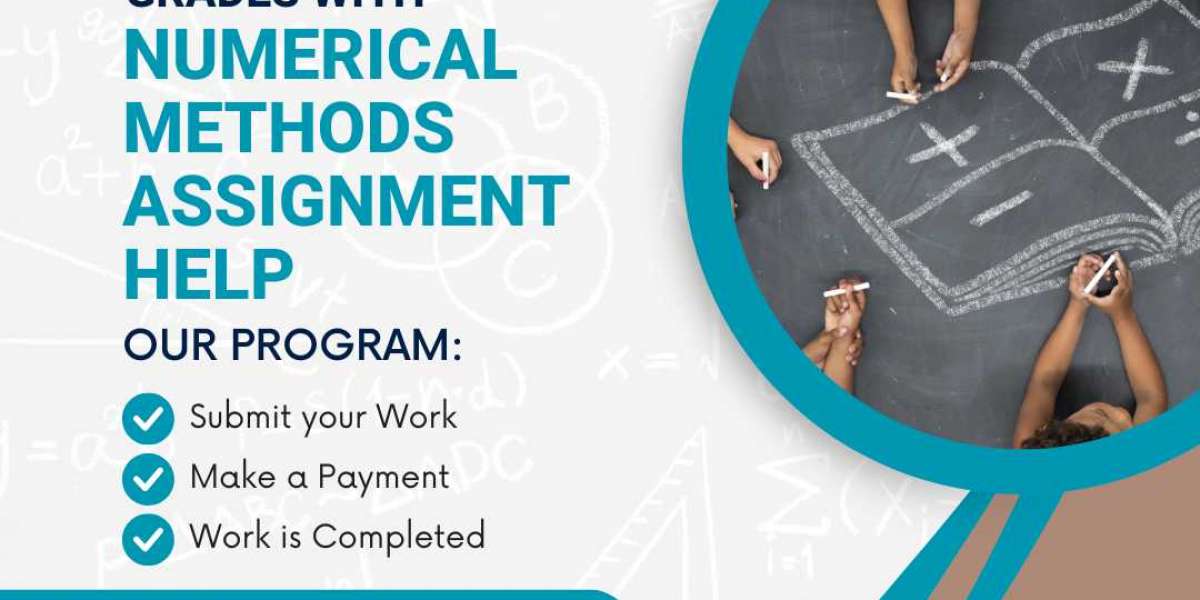Finding a job is not easy, especially for individuals with disabilities who may face additional challenges. This is where vocational rehabilitation services can make a difference. These services provide the support and resources needed for people with disabilities to successfully enter or re-enter the workforce. Let’s explore how vocational rehabilitation services empower individuals to achieve their career goals, particularly those offered by The Northeast Independent Living Program (NILP).
What is Vocational Rehabilitation?
Vocational rehabilitation helps people with disabilities overcome employment barriers. The process involves various services to build the skills, confidence, and resources individuals need to succeed in the workplace.
The Goals of Vocational Rehabilitation Services
The main objective is to help people find meaningful employment that matches their abilities, interests, and skills. These services focus on:
- Promoting Independence: By supporting individuals in achieving employment, they can live more independently.
- Improving Employability: Individuals are better equipped for the job market through skills training and preparation.
- Enhancing Quality of Life: Employment provides financial stability and boosts emotional well-being, offering a sense of purpose and accomplishment.
How Vocational Rehabilitation Services Work
- Assessment: The process starts with evaluating an individual's skills, abilities, and career interests. This helps create a tailored plan based on their goals.
- Career Counseling: Guidance is provided to help individuals explore different job opportunities, understand the labor market, and choose a career path that suits them.
- Skills Development: Job training programs help individuals develop the skills necessary to succeed in their chosen fields.
- Job Placement: These services also assist in finding employment opportunities and connecting with potential employers.
- Assistive Technology: If needed, vocational rehabilitation provides access to tools and accommodations to help individuals perform their job tasks effectively.
- Ongoing Support: After job placement, continued support is available to help individuals maintain employment and address any challenges they may face.
The Benefits of Vocational Rehabilitation
- Increased Job Opportunities: With specialized support, individuals with disabilities can access more job opportunities that align with their skills.
- Improved Quality of Life: Employment fosters financial stability and enhances emotional and mental well-being.
- Greater Independence: Vocational rehabilitation promotes self-sufficiency, empowering people to live more independently by helping them secure jobs.
Vocational Rehabilitation in Massachusetts
Overview of Services Available
Massachusetts offers a comprehensive range of vocational rehabilitation services to support individuals with disabilities. These services are provided by various state agencies and organizations dedicated to helping people achieve their employment goals.
Key Providers and Organizations
The Massachusetts Rehabilitation Commission (MRC) is a leading provider of vocational rehabilitation services in Massachusetts. The MRC collaborates with various partners to deliver programs and support for job seekers with disabilities.
Eligibility and Application Process
Who Qualifies for Services?
To qualify for vocational rehabilitation services in Massachusetts, individuals must have a documented disability that poses a barrier to employment. Eligibility is determined through an assessment process that evaluates the individual's needs and potential benefits from the services.
Steps to Apply for Vocational Rehabilitation in Massachusetts
- Contact the Massachusetts Rehabilitation Commission (MRC) to express interest in the services.
- Schedule an assessment to determine eligibility and set career goals.
- Work with a vocational counselor to create a personalized employment plan.
- Access the resources, training, and support needed to achieve employment success.
Types of Support Offered
Job Placement Services
Vocational rehabilitation services often include job placement assistance, helping individuals find suitable employment opportunities and connecting with potential employers.
Assistive Technology and Accommodations
Vocational rehabilitation may provide access to assistive technology and workplace accommodations to support individuals in the workplace. These resources ensure that individuals can perform their job duties effectively.
Continued Support and Follow-Up
Vocational rehabilitation services don't end with job placement. Continued support and follow-up are essential to ensure long-term success and address any challenges that may arise in the workplace.
Challenges and Success
Common Obstacles Faced by Individuals
Individuals with disabilities often face various challenges in the job market, including discrimination, lack of access to resources, and limited job opportunities. These barriers can hinder their ability to secure and maintain employment.
Solutions and Strategies to Overcome Challenges
To overcome these challenges, vocational rehabilitation services focus on providing comprehensive support, advocating for equal opportunities, and educating employers about the benefits of hiring individuals with disabilities.
Real-Life Examples of Individuals Who Benefited
Vocational rehabilitation services have transformed the lives of many individuals. Take Sarah, for example, who transitioned from unemployment to a successful career in graphic design with the help of vocational rehabilitation. Her story highlights the positive impact these services can have.
Impact of Vocational Rehabilitation on Their Lives
Through vocational rehabilitation, individuals gain confidence, skills, and opportunities they may not have had otherwise. These services change lives and contribute to building a more inclusive and diverse workforce.
Ready to Begin Your Career Journey?
Vocational rehabilitation services play a vital role in helping individuals with disabilities achieve their employment goals. These services provide personalized guidance, resources, and support, opening doors to new opportunities while fostering independence. Whether you are in Massachusetts or elsewhere, vocational rehabilitation can be transformative, offering job seekers with disabilities the chance to build fulfilling, successful careers.
At NILP, we are committed to empowering individuals with disabilities through our comprehensive vocational rehabilitation services. Whether you need to develop new skills, seek meaningful employment, or overcome workplace challenges, NILP is here to guide you. Our team provides customized support, from training to job placement and ongoing assistance.
Take the next step toward employment success today! Contact NILP and let us help you reach your career goals and embrace new possibilities for your future.
The Northeast Independent Living Program (NILP) empowers individuals with disabilities to live independently. They provide various services to support people of all ages and disabilities in navigating community resources, state and federal programs, and other assistance.
Key services include:
- Personal Care Assistance: Support for individuals needing help with daily living activities.
- Community Support Services: Assistance with benefits, housing applications, health insurance, transportation, and more.
- Youth Services: Programs aimed at helping young people with disabilities develop independence.
- Nursing Home Transition Services: Helping individuals move from nursing homes back into the community.
- Northeast Recovery Learning Community: Peer support services focused on mental health recovery.
- Vocational Rehabilitation: Assisting individuals in achieving employment goals through skills training and job placement.
NILP serves people with all types of disabilities, focusing on providing peer-driven support and advocating for accessibility and inclusion in the community.
FAQs
- What are vocational rehabilitation services?
Vocational rehabilitation services are designed to help individuals with disabilities overcome barriers to employment by providing personalized support, training, and resources to secure meaningful work. - How can I apply for vocational rehabilitation in Massachusetts?
To apply for vocational rehabilitation in Massachusetts, contact the Massachusetts Rehabilitation Commission (MRC) to express interest and schedule an assessment to determine eligibility. - What types of support can I expect?
Support may include job placement services, assistive technology, accommodations, and continued follow-up to ensure long-term success in the workplace. - Are there any costs associated with these services?
State and federal programs typically fund vocational rehabilitation services, making them available to eligible individuals at little or no cost.








